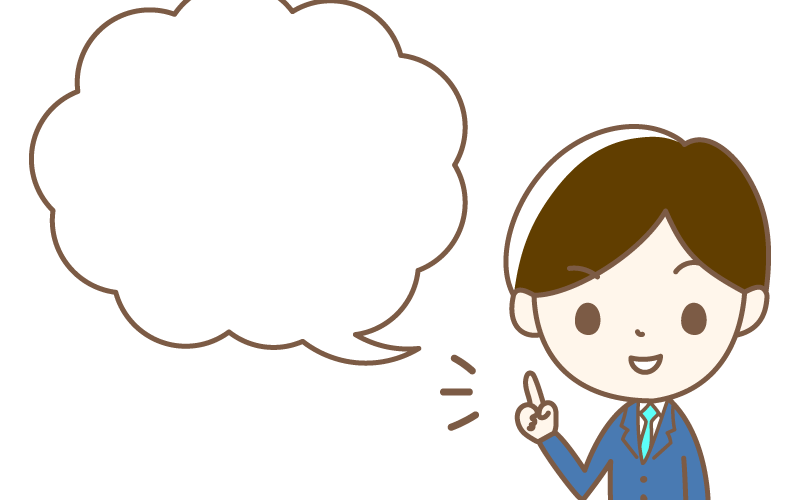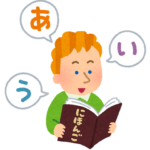Japanese & Korean “5 useful phrases” that you must know Part 1

こんにちは & 안녕!
This is KENZO’s Japanese & Korean lesson.
Today I teach you Japanese and Korean “TOP 10 useful phrases for beginner that you must know”.
Please try to use what you learn here as much as you can.
Shall we move on the topic?
Let’s get started!
5 Japanese & Korean useful phrases for beginner that you must know
こんにちは / 안녕하세요
The first one is you might know, but I thought it is the most important and useful one when you talk to people from Japan and Korea.
こんにちは (ko-n-ni-chi-wa)
안녕하세요 (an-nyong-ha-se-yo)
those means “Hello” in English.
Try to use on chat app or when you see people from Japan or Korea.
Also I wrote more about greeting on the other article, so pleaes check it out too!
ありがとうございます / 고맙습니다
Next, I would like you to learn how to say “Thank you” in Japanese and Korean.
ありがとうございます。 (a-li-ga-to-u-go-za-i-ma-su)
고맙습니다. (go-map-sup-ni-da)
But, when you thank to your friends or close people,
you can make it shorter phrase which are more casual.
ありがとう。(a-li-ga-to-u)
고마워요. (go-ma-wo-yo)
or
고마워. (go-ma-wo)
*more casual than 고마워요.
“고마워요. (go-ma-wo-yo)” is a pure korean phrase that means “Thank you”.
So, in Korean, there is an other phrase to say “Thank you” which comes from Chinese language, and it is used very common in Korea as well.
It is,
감사합니다. (gam-sa-hap-ni-da)
You can distinguish depending on who you are say to.
○○ください / ○○주세요
Now you can learn the phrase that is often used when buying something or when you want something.
○○ください。 (○○-ku-da-sa-i)
○○주세요. (○○ju-se-yo)
It means litelally “Please” or “Give me”,
so you can put what you want in the ○○ and follow ください / 주세요.
You can also refer the article written previously on my blog.
*written in Japanese
すいません / 미안해요
Japanese people often say “sorry”, maybe more than “Thank you”.
And for sure, there are many times when you say Japanese or Korean while you are studying those languages.
Let’s see how to say it.
すいません。 (su-i-ma-se-n)
미안해요. (mi-an-he-yo)
It is the general expression of “sorry” and there are more formal and more casual one.
Let’s look at them below.
~General expression~
すいません。 (su-i-ma-se-n)
미안해요. (mi-an-he-yo)
~Casual expression~
ごめん。 (go-me-n)
미안해. (mi-an-he)
~Formal expression~
もうしございません。 (mo-u-shi-wa-ke-go-za-i-ma-se-n)
죄송합니다. (che-son-hap-ni-da)
~A bit less formal expression~
もうしわけないです。 (mo-u-shi-wa-ke-na-i-de-su)
죄송해요. (che-son-he-yo)
Very very useful if you know them and master them.
Not good to say, “say sorry for practice”, but this is the best way so try it!
おつかれさまです / 수고하세요
Last useful phrase that I want to let you know is very likely Japanese and Korean expression that English language doesn’t have.
It is;
おつかれさまです。 (o-tsu-ka-le-sa-ma-de-su)
수고하세요. (su-go-ha-se-yo)
It is used when someone finishes their job or what they are struggling.
In the case, this is pretty much similar meaning with “good job”.
And, you can actually use the casual form of おつかれさまです。 (o-tsu-ka-le-sa-ma-de-su) which is おつかれ (o-tsu-ka-le) when you meet and leave your friends or your close person instead of saying “Hello” or “Bye”.
There are some forms and that changes depending on a situation you are in.
Let’s look at how to use it
~Japanese~
おつかれさまです。
・・・when you leave your job place or your “senpai” leave you or place you are in.
おつかれ。
・・・when you see or leave your friends or close person, instead of saying “Hello” or “Bye”
お疲れ様。
・・・normally used to your “kouhai” when you “good work” or can be “thank you” in some cases.
~Korean~
수고하세요
・・・use to someone who starts their work now or is doing their work already when you see them.
수고하셨습니다
・・・when you leave your job place or your “senpai” leave you or place you are in.
수고했어요
・・・mainly say to your “kouhai” or when they done their job or what they struggled with.
수고했어
・・・mainly say to your friends when when they done their job or what they struggled with.
Summary
Well done everyone!
How was today’s lesson?
It is good to learn A to Z from the beginning day by day, but sometimes Useful phrase are helpful for you to have conversation on chat or face to face as well.
I will often post “must know useful phrases” too here, so please remember and use it to remember and to expand your communication.
It’s enough for today!
Hope you have a woderful day 🙂
Seeya!
おつかれ & 안녕~!!
-
前の記事

Japanese & Korean study lesson 4 “5W1H & do” 2020.04.26
-
次の記事

Japanese & Korean “5 essential verbs” part 1 2020.05.02